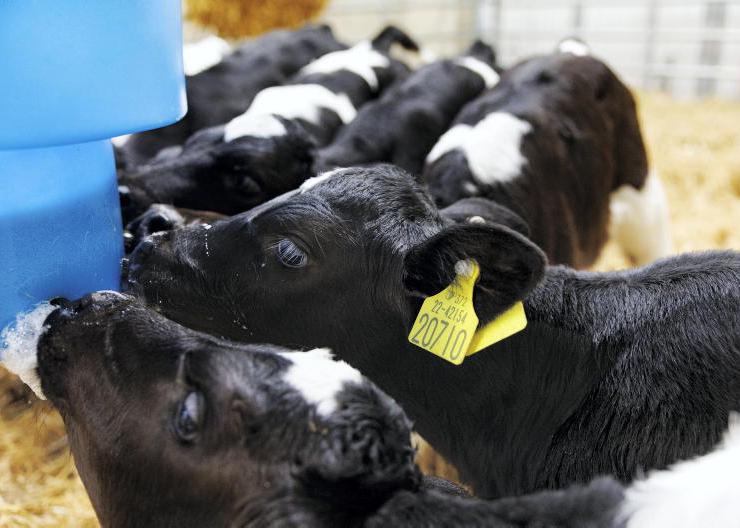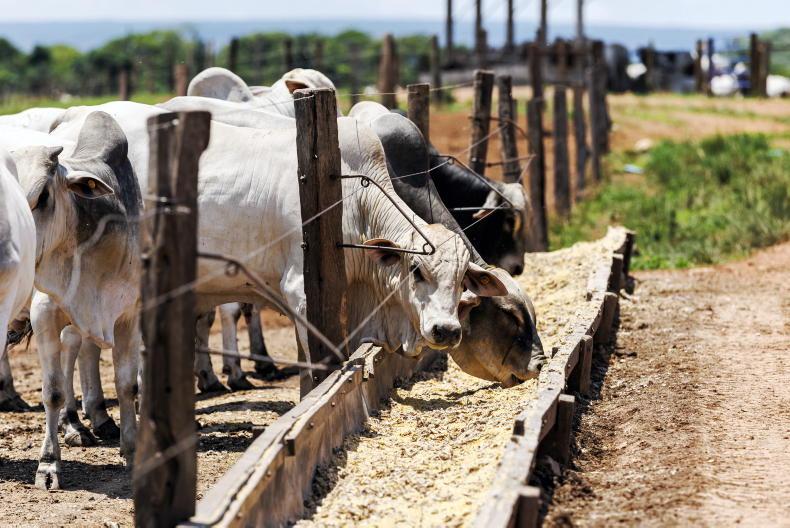There is rising concern in the European Union (EU) about extreme weather events, according to a new survey.
An EU survey on food security found that compared with a previous survey conducted in the second half of 2023, there was a slightly increased concern among member state authorities about extreme weather events, high input costs and commodity prices.
The report on the survey results said stakeholders also perceived “logistical and transport bottlenecks as becoming more relevant as of the second half of 2023”.
“Extreme weather events were identified as possible risks affecting the capacity to produce in general.”
Factors
The survey results highlighted a number of potential factors stakeholders across the bloc think could affect food security.
Respondents said extreme weather events, the need to import, logistical and transport bottlenecks, input prices volatility, high input costs, commodity prices volatility, high commodity prices and existence/potential to find substitutes were the issues that could affect EU food supply.
More recent factors cited by respondents that could affect food security include disruptions in the Red Sea, upcoming elections and farmer protests across Europe.
The survey was conducted in February 2024.
Profitability
Across the EU, the report said, the profitability of some farms has dropped, as commodity prices started to fall later in 2023, especially for crops.
It highlighted also that farms’ input prices and operating costs remain high.
Several respondents to the survey said they may opt to plant more profitable crops or switch to non-agri activities.
“All these elements, on top of a long period until harvest with possible negative weather developments, could impact food supply in 2024,” the report said.
Food inflation
Annual food inflation stabilised below 5% at the beginning of 2024 and retail food prices even declined in some cases across EU member states.
However, the report noted that prices remain high compared with two years ago and the slight price decrease has not really been felt by consumers.
Food affordability
The report also referenced 2022 data which showed Irish citizens were the most likely in the European Union to be able to afford a meal.
Some 1.4% of Irish people could not afford a proper meal in 2022.
At the other end of the scale, 22.1% of Romanian people could not afford a meal at that time.
EU citizens’ inability to afford a meal with meat, chicken, fish or a vegetarian option every other day decreased by 2.6% and 4.1% for lower income households from 2010 to 2019.
“Member states which entered the EU before 2004 generally report a lower inability to afford food for the average household compared to others, but with some exceptions: Germany, France and Greece report a higher-than-EU average inability to afford a proper meal, while Poland, Czechia and Croatia report lower than average rates in 2022,” the report said.









SHARING OPTIONS